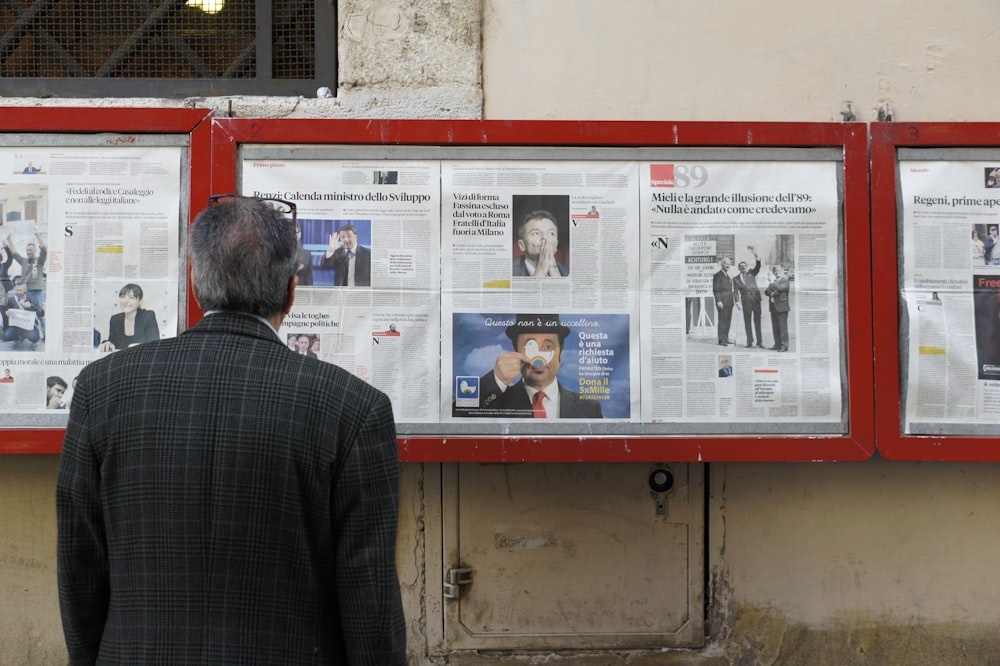The World Health Organization (WHO) has issued a stark warning following a surge in dengue cases across the Americas, declaring the situation an emergency. The alarming rise in infections has raised concerns about the spread of the mosquito-borne disease and its impact on public health in the region.
According to the latest report from the WHO, dengue cases in the Americas have surpassed 52 million, marking a nearly 50% increase in incidence compared to previous years. The outbreak has overwhelmed healthcare systems and strained resources, posing significant challenges to disease control and management efforts.
The surge in dengue cases is attributed to various factors, including climate change, urbanization, and inadequate mosquito control measures. Warmer temperatures and increased rainfall create favorable conditions for mosquito breeding, leading to higher transmission rates and a greater risk of outbreaks.
Efforts to contain the spread of dengue require a coordinated response from governments, healthcare providers, and communities. Prevention measures such as vector control, community engagement, and public awareness campaigns are essential in reducing mosquito populations and limiting the transmission of the virus.
The WHOs declaration of an emergency underscores the urgent need for intensified efforts to combat dengue and protect vulnerable populations. Investments in public health infrastructure, surveillance systems, and research are critical in addressing the root causes of the outbreak and preventing future epidemics.
As the dengue crisis unfolds, collaboration and solidarity among countries in the Americas are paramount in mitigating the impact of the disease and safeguarding the health and well-being of communities. The WHO stands ready to support countries in their response efforts and mobilize resources to address this public health emergency.



















